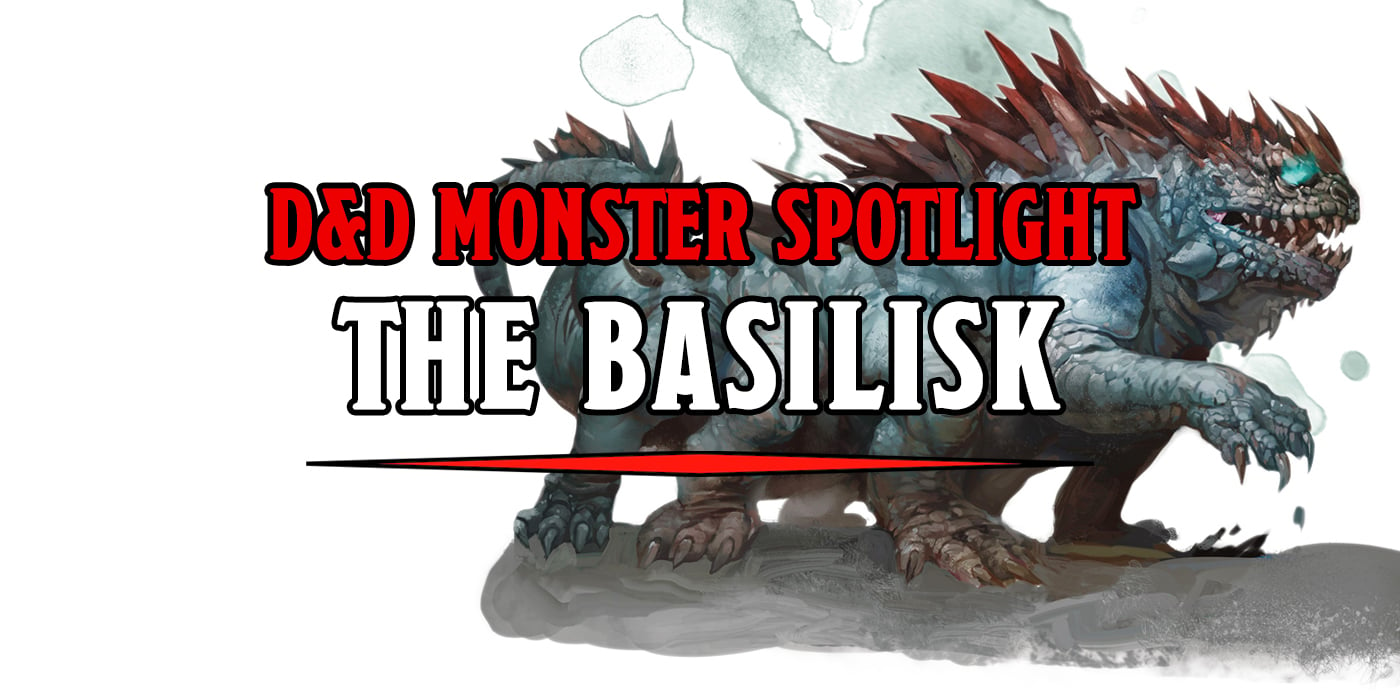D&D: How To Play A Reluctant Hero

It’s a classic archetype–the homebody who doesn’t to go on an adventure, but adventure always finds them. Here’s how you can play a reluctant hero in D&D.
There is nothing quite like a reluctant hero. We love them. We’re pre-disposed to love them. Why is that? Because they’re the characters that have the good sense to stay home.
What is a Reluctant Hero?
A Reluctant Hero just really doesn’t want to have an adventure. They often have very simple, sensible wants that conflict with the desire of the danger they’re thrust into.
In a nutshell, a Reluctant Hero ultimately can’t resist doing the right thing. They aren’t necessarily always nice about it. They might be downright fussy. They’ll be vocal about not wanting to do The Thing, but *sigh*, they’ll do it. That’s what’s at the heart of the Reluctant Hero.
Fan-Favorite Pop Culture Reluctant Heroes
- Bilbo and Frodo Baggins. Really just hobbits in general.
- Arthur Dent – The Hitchhiker’s Guide to the Galaxy
- Shrek – Shrek
- John Wick – John Wick
- Marty McFly – Back to the Future
- Han Solo – Star Wars
- Wolverine – just about every X-Men movie
- The Dude – The Big Lebowski
- Katniss Everdeen – The Hunger Games
- John McClane – Die Hard
- Maui – Moana
- Jessica Jones – Jessica Jones
- Shaggy & Scooby-Doo – Scooby-Doo
How to Play a Reluctant Hero in D&D
Okay, but “I don’t wanna do that” is tricky to play in an RPG. Because at the end of the day, you still actually have to go on an adventure. How can you play a reluctant hero and still go on an adventure? Even when that’s the last thing in the world your character would do? We’re here to help.
You’ve Got a Bad Feeling About This
It turns out the easiest thing you can do is just be displeased about the situation. And then tell everyone you’re displeased.
This doesn’t mean constantly complaining, but there are plenty of ways to convey that your character has a bad feeling about this adventure. You can just straight up say “I have a bad feeling about this.”
Or you can take inspiration from Shaggy and Scooby-Doo. and be really afraid. Let’s be clear, we’re talking about pre-eldritch ascension Shaggy. Think of the Shaggy who would leap into the arms of his dog at the mention of a g-g-g-ghost, not the eldritch deity who can single-handedly take down a whole bar full of bikers.
“No Matter What, I’m Not Going To–”
This is a joke so old it’s arte – commedia dell’arte that is. Probably older than that.
But you probably recognize it from Looney Tunes or, if you’re a reader of discerning taste, Freakazoid. But essentially it’s a setup anyone can see coming. All you have to do is say something like, “I’m not gonna go on an adventure, no matter what you say, or what you do, you’re never gonna get me to go on an adventure, no way, no how, I’m not gonna do it.”
Then you can immediately cut to you on the adventure. For further reading, check out this page on the Gilligan cut. nobody will question why you’re on the adventure. Obviously, you will be.
And yeah, it might seem a little ridiculous. But that’s the fun of playing this kind of character – other players in your party want to have the fun, too, and that means that you should be the one doing the extra work. Your party should only have to drag your character along, not you.
Be A Hero When It Counts
So all that hemming and hawing and trepidation builds somewhere. Now, if you’re playing in an RPG campaign, it can be tricky to decide when it’s time to be heroic. The best heroes are multidimensional. So even one break from your norm doesn’t have to shake you out of it.
But, being a Reluctant Hero is two parts: Reluctant and Hero. Let’s talk about the latter.
You could, in theory, have a mini heroic moment in every fight, if you wanted. Much like being scared, it’s as much about how your character feels in a given moment, as it is about what they do.
You describe your character gritting their teeth and stepping up to do something heroic. But it doesn’t have to be action. Anything can feel heroic. Turn on the charm, or solve a complex riddle – whatever you can do to put yourself in physical or mental distress.
But you’ll do it to help your friends. As long as you let people know why you’re doing it, you can help those moments land. And for extra reluctance points, you can immediately panic about everything you just did! It’s great comedy, and it’s very fun at the table.
Make It Fun For The Other Players
This is honestly the key to playing a good character, even one who’s eager to go on an adventure. But especially if you’re going to play a character that’s a little more at odds with the party. That can all slide as long as everyone has fun playing with/around your character.
How do you play a D&D reluctant hero?





